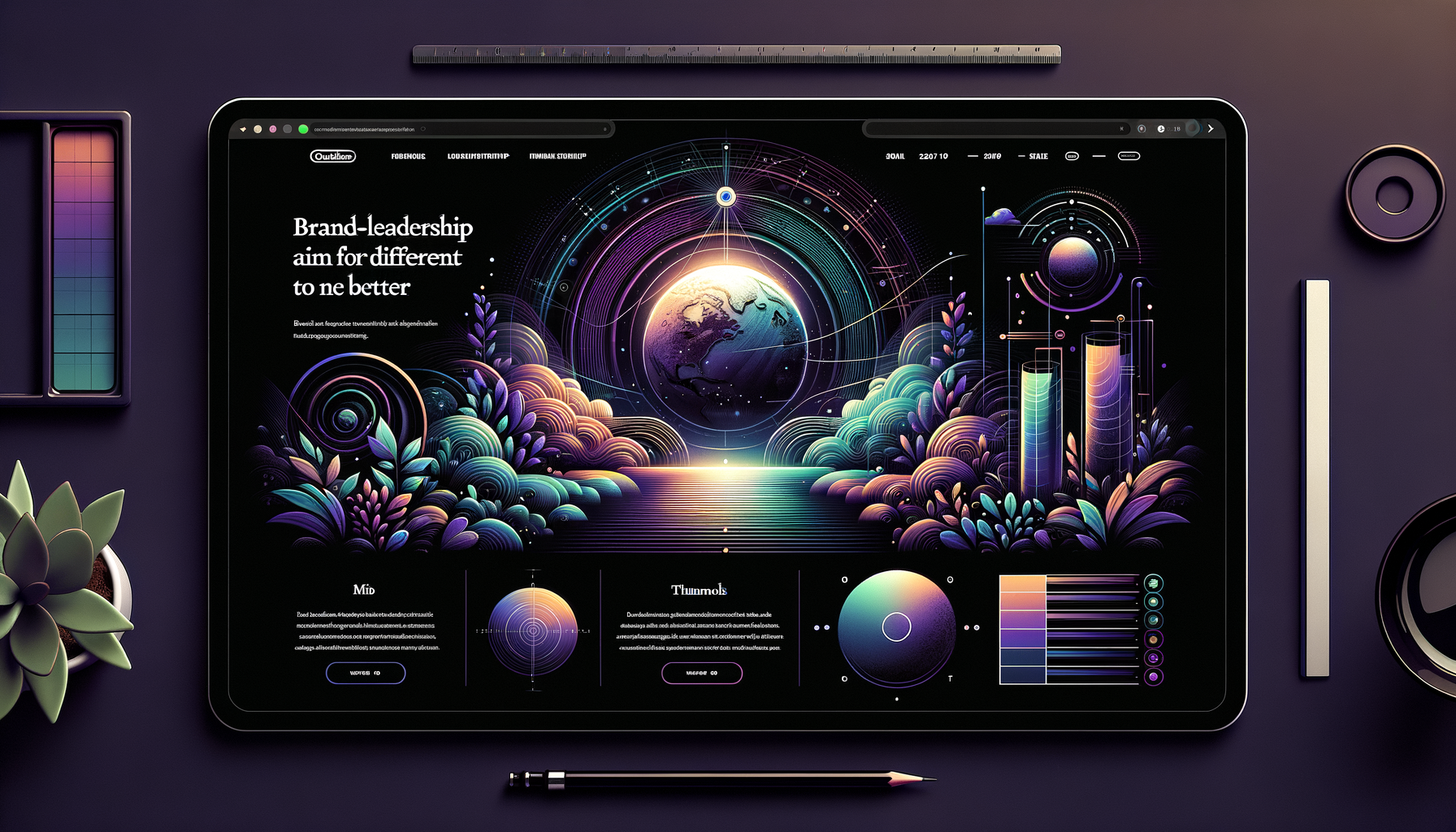The Evolution of the Cruise Industry: Capturing New Markets
The cruise industry has undergone a remarkable transformation in recent years, leveraging strategic insights and innovative strategies to tap into new markets. This evolution isn’t just about expanding in scale but also about fostering deeper connections with diverse audiences worldwide. This article delves into how the cruise sector has achieved this feat, drawing on insights from recent developments and the broader dynamics of globalization.
The Changing Landscape of Cruise Demographics
Traditionally, the cruise industry catered predominantly to older adults and retirees seeking relaxation and luxury travel experiences. However, recent data suggests a paradigm shift. According to Cruise Lines International Association (CLIA), there is a noticeable increase in the number of millennials and Gen Z passengers. This demographic shift has spurred a demand for more adventurous and environmentally-friendly travel options.
Technological Advancements and Their Impact
Technology plays a pivotal role in capturing new markets within the cruise industry. Digital marketing strategies, artificial intelligence (AI), and big data analytics have enabled cruise lines to tailor experiences and enhance customer engagement. Leveraging these technological advancements aligns well with our digital technology solutions aimed at enhancing business operations.
Smart technologies aboard cruise ships, such as facial recognition for check-ins and personalized itinerary suggestions through AI, have enhanced the passenger experience. Moreover, high-speed internet connectivity ensures passengers remain engaged with work or social media, meeting the needs of the younger tech-savvy travelers.
Sustainability: A Core Value Proposition
Environmental concerns have become central to the buying decisions of consumers, particularly younger generations. The cruise industry has responded with initiatives focused on sustainability. For example, many cruise lines are adopting liquefied natural gas (LNG) to reduce carbon emissions. The industry’s commitment to sustainable tourism is reflected in partnerships with environmental organizations and investments in cleaner technologies.
These sustainability measures resonate with eco-conscious consumers and align with our commitment to promoting sustainable business practices in technology and innovation.
Targeting Niche Markets through Customization
The burgeoning trend of customized and themed cruises has opened a wealth of new market opportunities. From wellness retreats and culinary experiences to adventure and cultural immersion cruises, offering specialized niche experiences caters to diverse interests and preferences. This level of customization appeals to a range of travelers, providing a unique way to explore destinations.
Additionally, themed cruises present an excellent opportunity for companies to engage in co-branding partnerships. These collaborations can enhance brand visibility and create value-added experiences for guests, fostering loyalty and increasing customer retention.
Examples of Successful Market Strategies
- Celebrity Cruises’ Edges Out Initiative: Focusing on eco-friendly vessels, this campaign targets eco-conscious travelers who prioritize sustainability in their travel decisions.
- Virgin Voyages’ Adult-Only Experience: Capitalizing on unique itineraries and entertainment, Virgin Voyages targets millennials and young adults with an interest in distinctive cruise experiences.
- Disney Cruise Line’s Family-Centric Approach: By offering family-friendly activities and exclusive Disney-themed experiences, Disney captures the family demographic proficiently.
Enhancing Cybersecurity Measures Onboard
As digital integration on cruise ships expands, cybersecurity becomes an imperative focus. Ensuring the safety of passenger data and digital infrastructure is critical. Advances in cybersecurity technology, such as blockchain and biometric systems, are leveraged to secure sensitive information. Implementing robust cybersecurity measures can avoid breaches that compromise customer trust and has a direct correlation to our cybersecurity solutions.
The Role of Marketing and Community Engagement
Effective marketing strategies have been instrumental in the cruise industry’s expansion to new markets. Utilizing social media platforms, influencers, and digital content has proven vital in reaching younger audiences. Innovative campaigns that highlight unique experiences and authentic travel stories resonate well, as these demographics value personalization and transparency.
Furthermore, engaging local communities at ports of call fosters positive relationships and a symbiotic presence. Community engagement initiatives often involve economic contributions, conservation efforts, and culturally sensitive tourism practices.
Conclusion
The cruise industry’s strategic shift towards embracing new markets underscores the importance of adaptability and customer-centric innovations in today’s dynamic travel landscape. Through technological integration, sustainability, cybersecurity, and niche marketing, cruise lines have managed to attract and delight a broader spectrum of travelers, setting the stage for continued growth.
If your business seeks to leverage similar innovative strategies, whether in technology or digital marketing, Hodeitek offers a range of bespoke solutions. Learn more about how we can assist your business in navigating new market opportunities by visiting our contact page. Together, we can chart a course to success.






